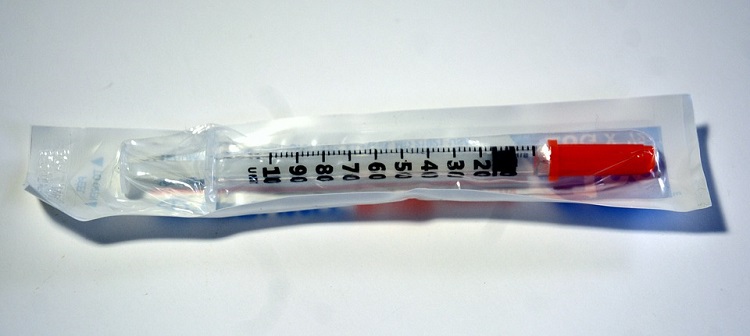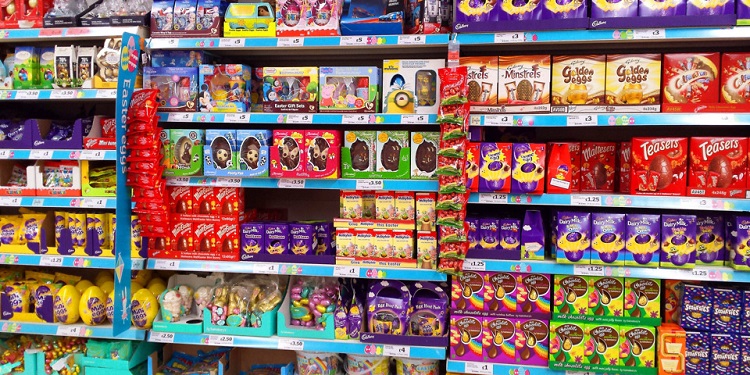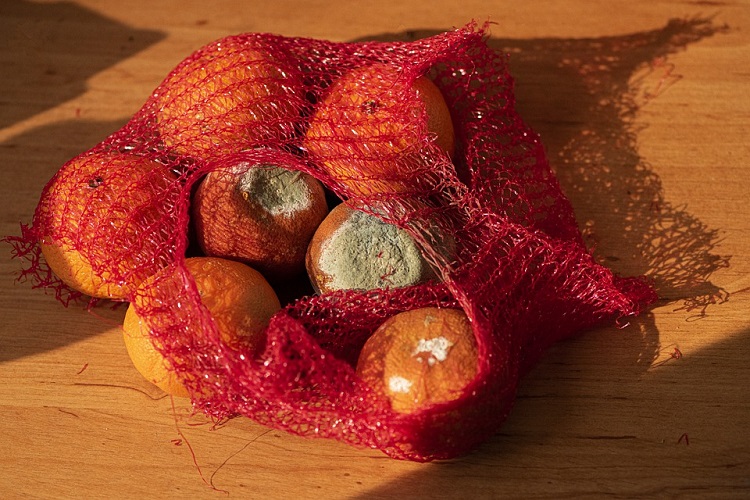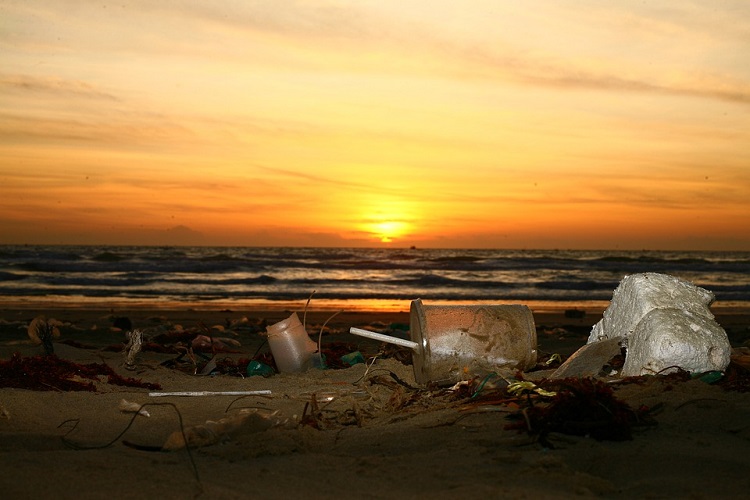July has been declared ‘plastic-free July’ where everyone is encouraged to notice and check their use of plastics, especially ‘single-use’ plastic items. The Plastic Free Foundation, the organiser of this month’s initiative, was founded in 2017 with a vision of seeing “a world free of plastic waste”.
Dr Lori Fisher, an Enterprise Development Fellow at NRI says: “I’ve been researching the plastic used for food packaging for many years and it’s often a trade-off between reducing the amount of plastic used to keep our food fresh, and  seeing food waste increase. Food waste incurs not only big environmental impacts, such as wasted water and increased carbon footprint, but is arguably immoral with so many people going hungry. Where food requires packaging to extend shelf-life, effective alternatives are being introduced, and we are seeing vast investment in technology and infrastructure to scale up these projects. However, there is no one easy answer.”
seeing food waste increase. Food waste incurs not only big environmental impacts, such as wasted water and increased carbon footprint, but is arguably immoral with so many people going hungry. Where food requires packaging to extend shelf-life, effective alternatives are being introduced, and we are seeing vast investment in technology and infrastructure to scale up these projects. However, there is no one easy answer.”
Plastics are a mainstay of the food industry and they’re also a boon to medicine; can you imagine a health service where a practitioner couldn’t simply reach for a sterile plastic syringe and tear off the handy plastic wrapper to administer a much-needed drug?
 However, in some cases, plastic is clearly used unnecessarily for marketing purposes. Take for example, Easter eggs made to look twice as big and impressive from the outside, thanks to the cunning use of a molded plastic protective shell that surrounds the – often quite modest – chocolate egg inside.
However, in some cases, plastic is clearly used unnecessarily for marketing purposes. Take for example, Easter eggs made to look twice as big and impressive from the outside, thanks to the cunning use of a molded plastic protective shell that surrounds the – often quite modest – chocolate egg inside.
Dr Fisher says the main debate in the world of plastics is whether to put the infrastructure into developing biodegradable packaging or whether to move to recyclable and recycled systems. She explains: “there was previously a school of thought that it’s not worth changing the packaging as food waste would increase exponentially, but now we are focusing on how we will minimise food waste for when we inevitably reduce and replace plastic packaging.”
There are many ongoing debates on issues like whether use of biodegradable products such as sugar cane, which are reliant on sustainable feedstocks, might continue to  promote a ‘throw-away’ culture. Dr Fisher asks, “should we, for example, concentrate on the manufacture of recycled plastics which still require the addition of some virgin fossil fuel? The reality is, of course, that traditional plastics don’t fully biodegrade for many years, and currently their ubiquity outstrips our capability to deal with the waste they create.”
promote a ‘throw-away’ culture. Dr Fisher asks, “should we, for example, concentrate on the manufacture of recycled plastics which still require the addition of some virgin fossil fuel? The reality is, of course, that traditional plastics don’t fully biodegrade for many years, and currently their ubiquity outstrips our capability to deal with the waste they create.”
Dr Deborah Rees, a specialist in handling perishable products, works alongside Dr Fisher at NRI. The two are collaborating closely with Dr Christian Reynolds at City University London, to adapt a model that was initially designed to reduce waste in dairy products, and was developed with Dr Reynolds’ colleague, Cansu Kandemir, with the support of WRAP – the Waste and Resources Action Programme.
 The City University model will now be expanded to study links between reduced use of plastic packaging and food waste. Dr Rees explains: “It’s a complex model in that it takes into account the environmental and economic effects, the human behaviour around the food purchasing practices of households, and the implications for both food waste and plastic packaging.”
The City University model will now be expanded to study links between reduced use of plastic packaging and food waste. Dr Rees explains: “It’s a complex model in that it takes into account the environmental and economic effects, the human behaviour around the food purchasing practices of households, and the implications for both food waste and plastic packaging.”
Dr Fisher takes a realistic approach to the plastic problem, saying that no matter how much work is done or how much money is invested in infrastructure, or how many of our plastics come from recyclables, waste – plastic or otherwise – will still get out into the environment. “We have hot days where people flock to the beach and leave their plastic litter everywhere. We have poor waste management, and there are con artists that trick people into genuinely believing that the waste service that they’ve paid good money for is going to do something very nice with their waste, whereas in reality it still gets dumped. There are a lot of alternative conversations about plastic pollution that we’re simply not having – in fact should this month be called ‘pollution-free’ July instead, as we aim to improve a sustainable cyclic approach for all the materials we use?”
Drs Fisher and Rees agree that achieving human behavioural change is incredibly important in managing how plastic waste ends up in places it shouldn’t. They would like to see a renewed public information campaign similar to those of the 1970s and 80s in the UK, to remind people not to drop litter. They say that a clear and repeated message about packing a spare bag to ‘take your rubbish home’, would make a significant contribution to the public waste element of the plastic problem.
see a renewed public information campaign similar to those of the 1970s and 80s in the UK, to remind people not to drop litter. They say that a clear and repeated message about packing a spare bag to ‘take your rubbish home’, would make a significant contribution to the public waste element of the plastic problem.
Dr Rees goes on to say that the next step would be to get rid of all unnecessary plastics, like with the Easter egg example, “why can’t the chocolate egg just be wrapped in foil and then placed in a more easily recycled box? We need a systematic review of exactly how we use plastic and if something is found to be largely unnecessary, then we should phase it out or replace it with another product.”
So if plastics are indeed here to stay having proved themselves to be ‘too useful to abolish’, how can we live more successfully and sustainably with them?
Dr Fisher turns the argument on its head somewhat by saying that, instead of treating plastic as a throwaway product we should start to think of it as being inherently valuable and precious: “if we want to cut down on pollution, we need to start viewing plastic as a precious resource and use it in situations where it is absolutely necessary. An attitude shift like this will make all of us start to see it differently. Plastic is a valuable product and it is non-renewable; we have a limited amount of it and we want to see that limited amount used only for the things that are absolutely essential.”
To find out more about:
NRI Development Programme: Food Loss, Waste Reduction & Value Addition
Dr Lori Fisher

